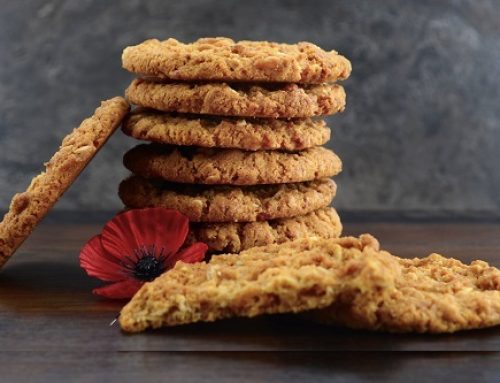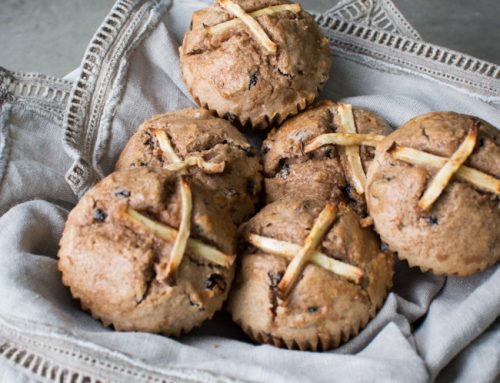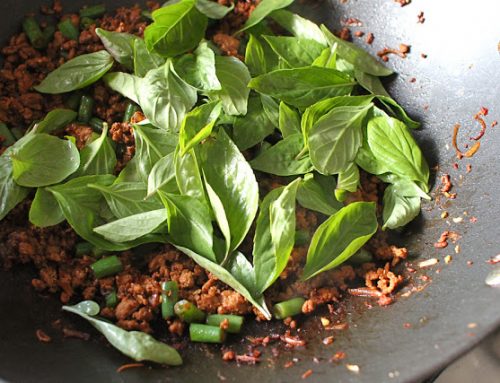Little Miss Four loves to help me ‘cook’ up our DIY cleaning products. And she can, because all the ingredients are safe! Imagine if I pulled out a whole heap of chemicals to make a toxic bathroom spray – would I feel comfortable having my daughter help mix up a dangerous concoction of ingredients that have been shown, through scientific studies, to cause cancer, hormonal disruptions and brain disorders? Would I even want to be making that myself, or even using that product? Would you?
There are a bunch of safer alternatives to regular household cleaners. Most of these ingredients you’ll already have lying around, and most are super cheap. Making your own products is quick, easy and cost-effective. It’s such a simple way to reduce toxins in your life. And this very simple thing can make a BIG difference to you and your family’s physical and emotional health and wellbeing.
Here are a list of some natural ingredients that you could use to make your own products. We’ll be using many of these ingredients during the DIY Chemical-Free Cleaning Workshop this Saturday (13 Aug) at Deloraine. Feel free to come along!
Essential oils
Extracted from plants, many essential oils can kill bacteria and mold. It makes sense, seeing as though the organic plants, before they were harvested and distilled, had survived in the outdoor elements, having been attacked with all kinds of fungi and parasites, and thus have built up antibacterial and antifungal properties which continue to be present in the bottled oils. They also have strong antiseptic and antiviral properties, and can help to purify the air. Essential oils are also added for their aroma, as most of the other natural ingredients are pretty ordinary smelling.
Some people think any old essential oil would be fine to use in cleaning products. I disagree. It’s important to use 100% pure essential oils (such as Young Living) as anything less will very likely contain toxic petroleum-based solvents and synthetic fragrances, which can cause problems in your body, just as the toxic commercial cleaning products can. I’d also be very wary of some oils that have ‘100% pure’ or ‘organic’ slapped on their labels. Unfortunately these terms aren’t regulated, so any essential oil company could potentially pop these terms on their bottles, when in actual fact they’re not ‘100% pure’ or ‘organic’. Young Living send their oils to the highest-tech forensic labs (which have no bias to the company) to prove that all their oils are 100% pure, and also to make sure that each batch of oils have been distilled correctly so as to fall within the correct chemical constituent range to be therapeutic. Anything that is not up to scratch, does not get sold as Young Living oils. That’s why I use Young Living essential oils, because I can trust that each bottle is not only 100% pure, but that they are also therapeutic. While your dunny or your dishwasher might not need an improvement in their mood or to balance out their body systems, the aromas that waft around your home and into your nose and limbic system while you clean will most certainly be working their therapeutic benefits on your own health wellbeing!
Borax
Borax is a naturally occurring mineral composed of boron, sodium, oxygen and water. It comes as a white powder and is easily absorbed in water. It is used as a fabric and water softener and is great to add to laundry wash. Borax removes certain stains, plus it bleaches and disinfects. It is also quite alkaline, so kills mold and fungus. It is not harmful to washing machines, septics or tanks.
Baking Soda (Bicarb Soda)
Baking soda is made from soda ash. It is slightly alkaline and neutralises acids. It also absorbs odours from the air. It is mostly used sprinkled onto a damp cloth to becomes a very gentle, non-abrasive cleaner. It can be added to the wash to remove perspiration and chemical odours from clothes. It is also a great air freshener and carpet cleaner.
Washing soda
Washing soda is a relative of baking soda, but it is a lot more alkaline. It is still quite caustic so it’s advised to use gloves when using it. It is very good at cutting through grease. It removes wax well (so best not used on waxed surfaces).
White vinegar
Vinegar is a weak solution of acetic acid. Being acidic, it can neutralise alkalinsed substances, such as the scale created by hard water. Vinegar can be used as bleach, disinfectant, deodorant and anti-mould cleaner. Vinegar is also effective for killing germs and mould.
Citric acid
Citric acid is a white crystalline powder. It is used to inactivate water hardness and create foam, making it especially useful in soaps, laundry detergents, and as a cleaning agent. It also helps get dirt and grime off surfaces and out of clothing.
Castile Soap
Castile soap is made from olive oil using the traditional cold process method, whereby glycerin forms as a byproduct of soap. It comes in liquid and bar form.
Table Salt
Salt’s granular texture makes it perfectly suited for scouring. Table salt, sea salt, and kosher salt can be used, but table salt is the cheapest choice (and cleaning really should be the only time you use it!).
Lemon Juice
Lemon juice is a weak solution of citric acid, and is a mild bleach, deodorant and cleaning agent.
Distilled water
Also known as de-mineralised water. Distilled water is water that has had many of its impurities removed through distillation. As such it works better than tap water for cleaning.
The workshop is $30, which covers the cost of all the ingredients, containers and oils that you will use to make five cleaning products to take home to replace your old toxic ones, as well handouts and oil-infused treats to sample. Spaces are limited, so we would appreciate if you can book in and pay prior to the night. You can purchase your spot here.
Filly 🙂








Leave A Comment